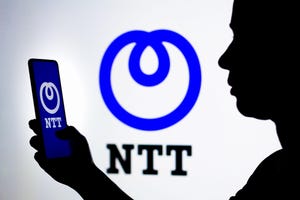News
Danielle Royston
Cloud
Danielle Royston's Skyvera makes $18M bid for Casa's wireless bizDanielle Royston's Skyvera makes $18M bid for Casa's wireless biz
Skyvera, the company tied to Danielle Royston, made a surprise $18 million bid for Casa Systems' wireless business. But how that bid might impact Verizon – Casa's main wireless customer – is unclear.
Subscribe and receive the latest news from the industry.
Join 62,000+ members. Yes it's completely free.


















































